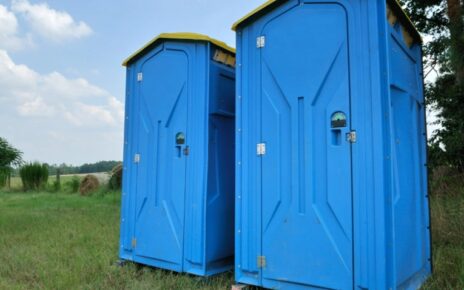When it comes to transporting, pumping, and storing fuels, investing in high-quality fuel-handling equipment is essential. However, proper maintenance is equally important to ensure performance efficiency and prolong the lifespan of your equipment. This article explores some of the best maintenance practices for your fuel-handling equipment and how you can keep it in optimal condition.
Routine Inspection and Cleaning
Performing regular inspections and cleaning of your fuel handling equipment is crucial to prevent any debris buildup or contamination that might hamper its performance. Focus on checking components such as nozzles, hoses, pumps, and filters for any signs of wear and tear or damage. While inspecting these components, also test their functionality.
For example, examine the hoses for leaks, cracks, or abrasions. Maintaining a consistent inspection schedule will help identify any potential problems before they become costly repairs.
Lubrication and Corrosion Prevention
Another crucial aspect of fuel handling equipment maintenance is ensuring that all moving parts are well lubricated. Proper lubrication reduces friction and wear between components, ultimately reducing the chances of machinery breakdown. It’s essential to follow the manufacturer’s recommendations for lubricants and schedules.
Additionally, always keep an eye out for signs of corrosion in your equipment, particularly in fuel storage tanks and piping systems. Perform a thorough inspection of these units’ exteriors and apply anti-corrosive coatings or replace corroded parts when necessary.
Regular Replacement of Worn-Out Components
Over time, some components of your fuel handling equipment may wear out or become damaged. As part of regular maintenance, ensure that you replace these parts swiftly to avoid any negative impact on your equipment’s performance. Examples include worn-out seals, cracked hoses, and clogged filters. Only use high-quality, manufacturer-recommended replacement parts to ensure maximum compatibility and efficiency.
Invest in Proper Training and Maintenance Support
Having well-trained personnel to operate and maintain your fuel-handling equipment is critical in guaranteeing its longevity. Ensure that your workers receive proper training on the safe use and maintenance of the equipment. Furthermore, consider investing in maintenance support services from the equipment manufacturer or a reliable specialist. These professionals can provide insights into the best practices for maintaining your specific equipment, as well as perform technical tasks that require specialized knowledge.
In conclusion, maintaining your fuel handling equipment properly is vital for its performance, efficiency, and lifespan. It also helps in reducing downtime and operational costs in the long run. By following the steps mentioned above – regular inspection and cleaning, lubrication and corrosion prevention, timely replacement of worn-out components, investing in proper training, and knowing you can ensure that your equipment remains in optimal condition for years to come. So, take the time and effort to implement these maintenance practices and see the positive impact on your fuel-handling equipment’s longevity and performance.





